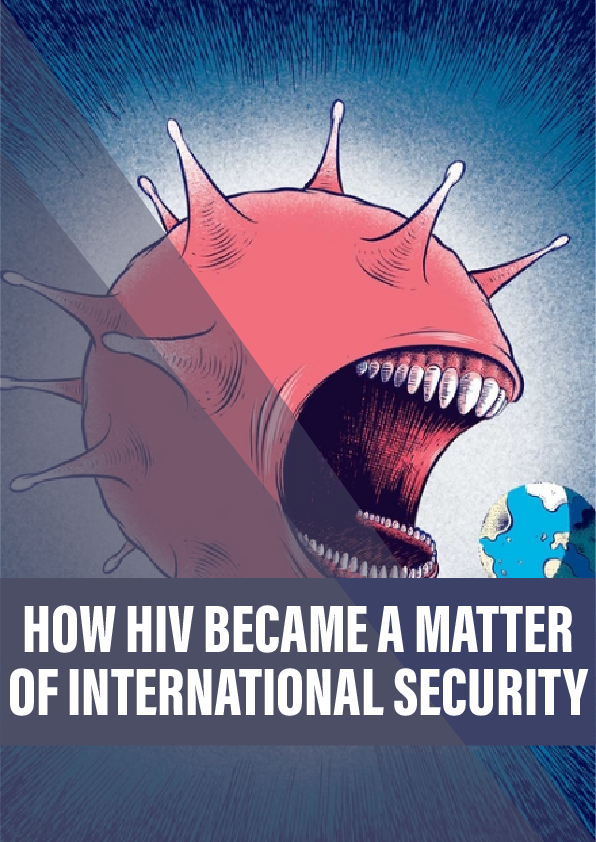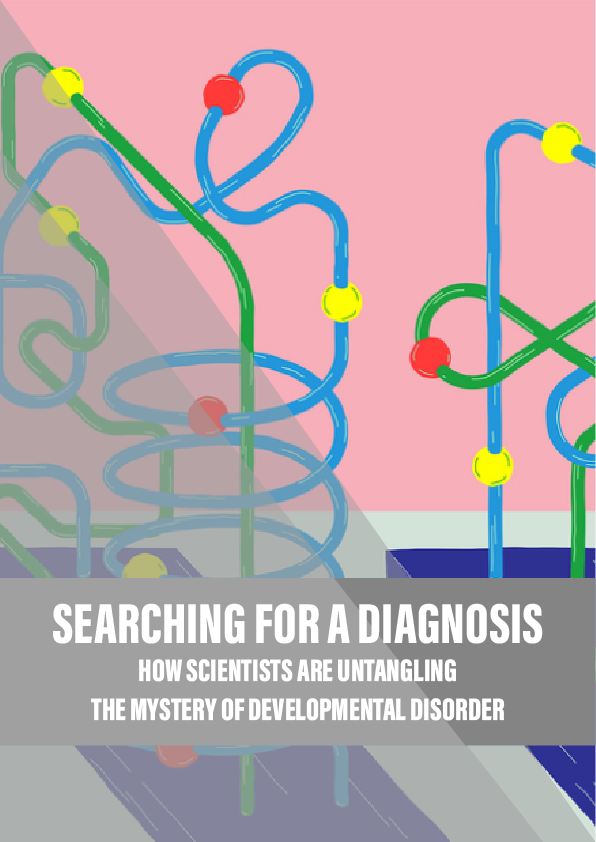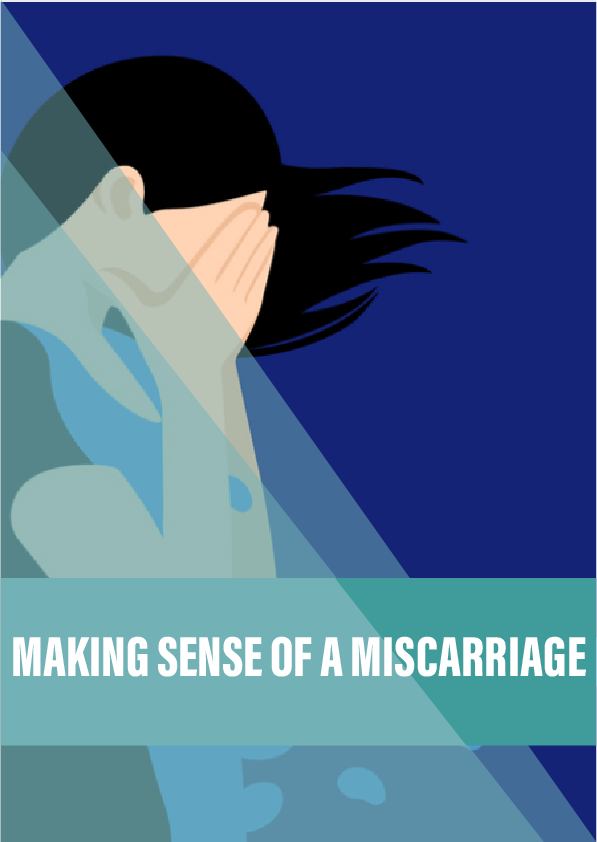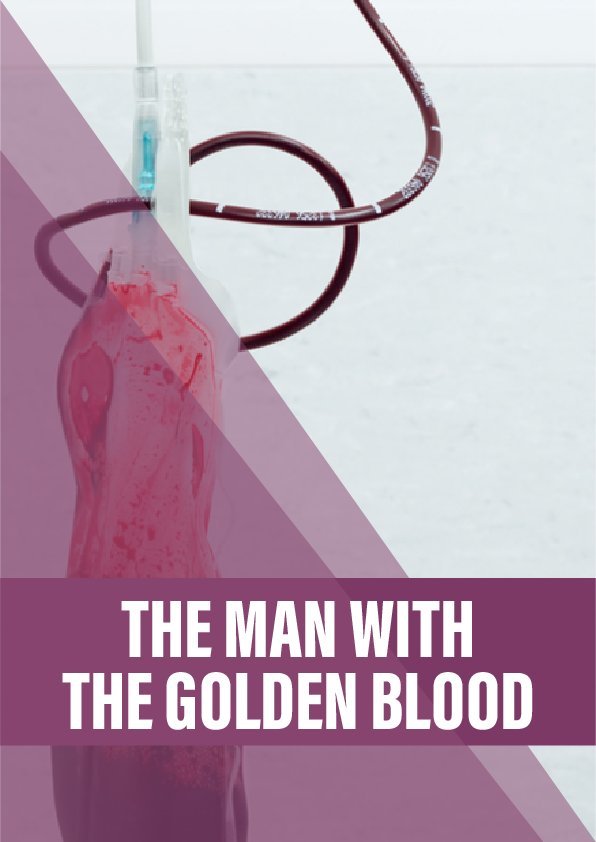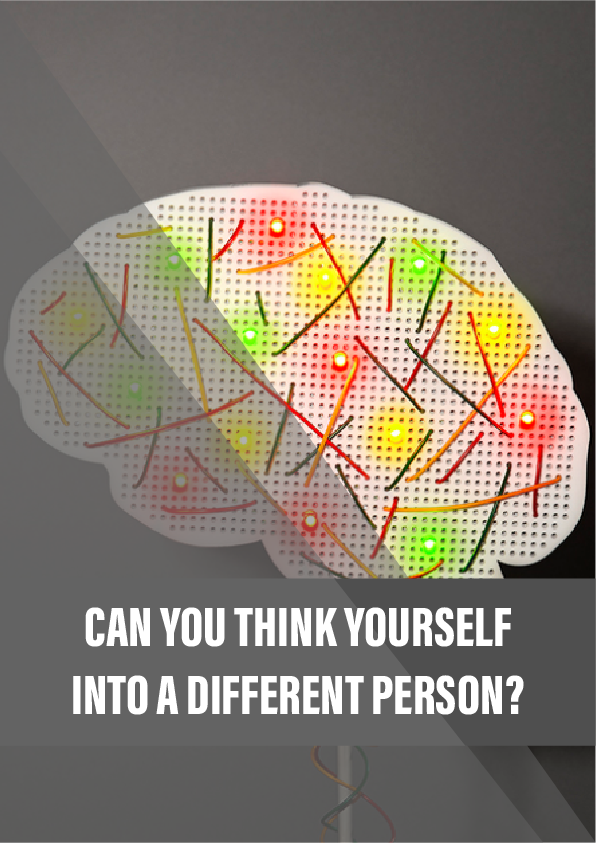Governments around the world were slow to get to grips with HIV/AIDS. But a big change came when they started understanding it not just as a health issue but as a security threat too. Alexandra Ossola investigates.
Richard Holbrooke sat in a blue striped chair in the meeting room of the United Nations Security Council. It was a rainy, unseasonably warm January day in New York City, just ten days into the new millennium. Many people were still relieved that the Y2K millennium bug hadn’t wreaked havoc on computers, as some experts had feared. And yet, during the council’s seven-hour meeting, it was clear that a bigger, real threat was looming.
Doctors had identified HIV/AIDS more than 15 years before, but only by 2000 was its true global impact beginning to become clear. Holbrooke, the US ambassador to the UN, then sitting as president of the Security Council, had pushed for this meeting because he had seen first-hand how AIDS could devastate communities. In 1992, he had visited Cambodia and saw UN peacekeepers who, at the end of the day, would get drunk and visit brothels. Holbrooke was sure this behaviour was spreading HIV locally, and that the peacekeepers would bring the disease back with them to their home countries.
He had seen the impact even more dramatically in 1999, when he and his wife visited Africa. Children whose parents had died of the disease slept in gutters; even AIDS activists were so stigmatised they arrived to meet him in a curtained van. Conversations with leaders in countries like Namibia and South Africa showed Holbrooke they weren’t doing nearly enough to combat the disease. The trip galvanised him. AIDS was spreading, regardless of borders, in a way that threatened the stability of states. So, if national governments weren’t taking action, perhaps the world could.
But Holbrooke was met with resistance. Congressmen criticised him on television; friends and dignitaries warned him privately not to confuse humanitarian issues with national security. How could a disease be an issue of national security, they argued – no disease ever had been. “I was told by everyone, including my own staff, ‘You can’t do this; it’s not done; it’s not in the UN charter,’” Holbrooke said in a 2006 interview with PBS. “And I said, ‘But AIDS is a security issue, because it’s destroying the security, the stability of countries.’”
Reference:
- An extract from How to Survive a Plague by David France, telling a personal story of HIV in New York in the 1980s.
- A write-up of a gathering of HIV/AIDS research pioneers, looking back over the history of efforts to fight the epidemic.
